The seminar took place at Banking University of Ho Chi Minh City, chaired by Deputy Minister of Education and Training Nguyen Van Phuc, attracting the participation of many experts, scientists and education managers.
Institutionalizing the spirit of Resolution No. 71-NQ/TW
According to Deputy Minister Nguyen Van Phuc, the Ministry of Education and Training was assigned by the National Assembly Standing Committee to preside over the drafting of these two important draft laws, expected to be submitted to the National Assembly for consideration and approval at the October 2025 session.
During the development process, the Ministry has closely coordinated with ministries, branches, and localities and organized many seminars and discussions to gather opinions from experts, ensuring a serious and comprehensive process of promulgating legal documents.
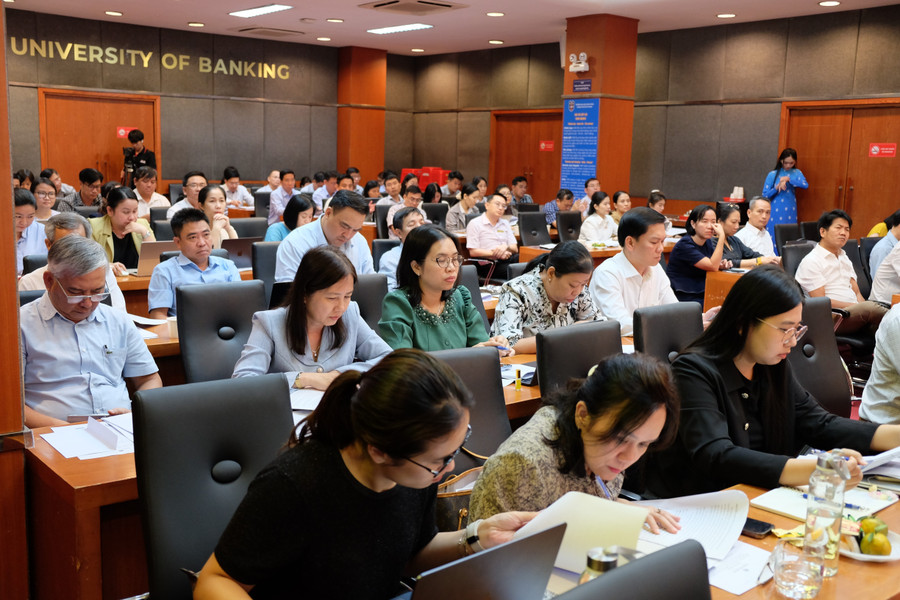
This law amendment takes place in the context of the Politburo's recent issuance of Resolution No. 71-NQ/TW on breakthroughs in education and training development - a strategic document, demonstrating the determination to innovate thinking and institutions, towards modernizing Vietnam's education system.
On that basis, the Ministry of Education and Training has reviewed and completed two draft laws to institutionalize the spirit of the resolution, creating a solid legal corridor to promote comprehensive educational development.
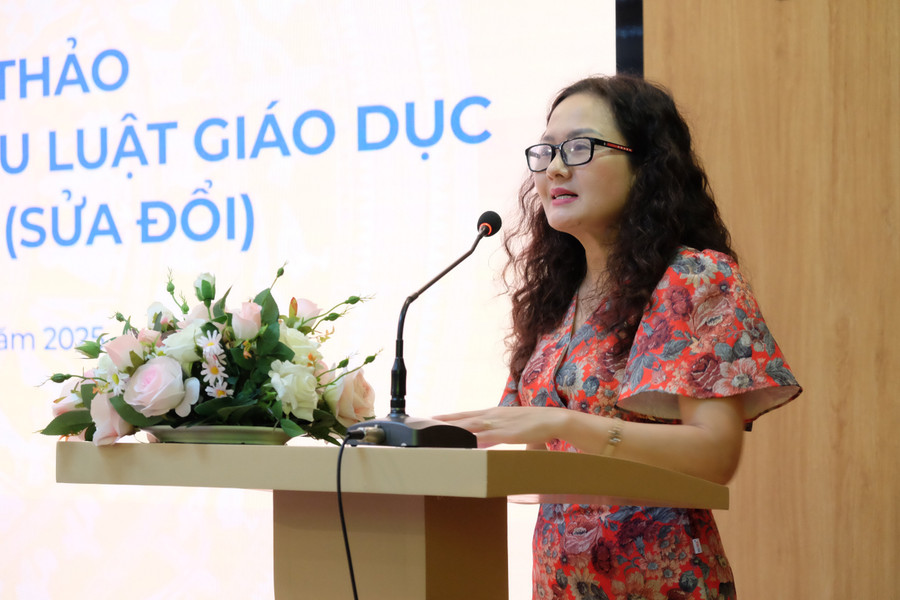
Presenting the draft Law amending and supplementing a number of articles of the Law on Education, Ms. Mai Thi Anh, Director of the Legal Department, Ministry of Education and Training, said the highlight is promoting decentralization, delegation of power, and increasing initiative for education management levels.
Many authorities are adjusted to the right level and right function, helping management work to be more flexible and effective.
The authority to specify details on career guidance and student streaming is transferred from the Government to the Minister of Education and Training to ensure consistency in professional guidance.
Provincial People's Committee Chairmen will be able to approve local educational materials, increasing their autonomy and responsibility in developing educational content suitable to the realities of each region.
In particular, the high school principal will directly sign the high school diploma, instead of the director of the Department of Education and Training, which is a reform step to help administrative procedures become more streamlined and closer to learners.
The draft also abolishes the secondary school graduation certificate and replaces it with a certificate of completion of the study program, in line with the policy of universalizing secondary school education and international practices.
Creating a competitive and equal environment in higher education
Representing the drafting group of the Law on Higher Education (amended), Mr. Nguyen Tien Thao, Director of the Department of Higher Education (Ministry of Education and Training) presented four major orientations of the draft law.
Accordingly, higher education (HE) is identified as the leading force in training high-quality human resources and innovation, with a focus on affirming the legal autonomy of HE institutions associated with transparent accountability.
The draft also proposes shifting from pre-inspection to post-inspection model, increasing professionalism in governance, promoting the application of digital technology and expanding socialized resources, creating an equal competitive environment between public and private sectors.
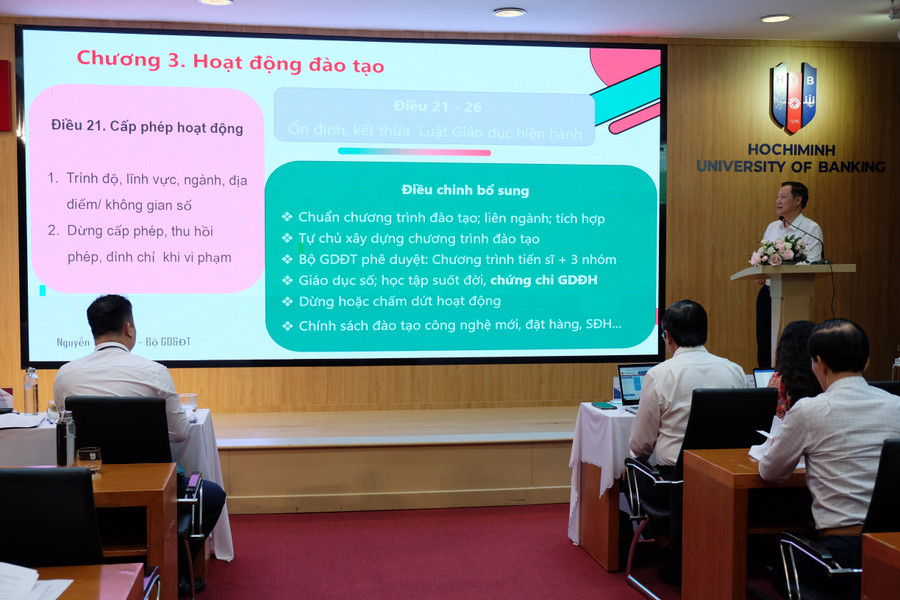
The draft Law on Higher Education (amended) includes 6 major policy groups.
Policy 1 aims to improve the effectiveness of state management and create an advanced university governance system.
Policy 2 aims to modernize training programs and methods and promote lifelong learning.
Policy 3 positions higher education institutions as centers of research and innovation.
Policy 4 enhances mobilization and effective use of investment resources.
Policy 5 develops a team of excellent lecturers and scientists, and builds an academic environment of integrity.
Policy 6 innovates the approach to quality management and ensures educational quality.
Notably, Article 11 of the draft clearly stipulates the types of higher education institutions including: universities, academies; multidisciplinary universities; national universities and regional universities.
The organizational structure has also been adjusted. The school council will only be maintained at private higher education institutions and those established under international agreements, not at public institutions as it is now.

According to Mr. Nguyen Tien Thao, the draft Law on Higher Education (amended) inherits 15 articles, revises or expands 22 articles and adds 9 new articles compared to the current law.
Notably, the draft cuts 55% of administrative procedures and shortens 30% of processes, aiming for a more streamlined, transparent and effective university governance.
At the seminar, many delegates and education experts made specific proposals towards perfecting the legal framework for the national education system and higher education in the new period.
The department is no longer an administrative unit.
At the seminar, many delegates and education experts made specific proposals towards perfecting the legal framework for the national education system and higher education in the new period.
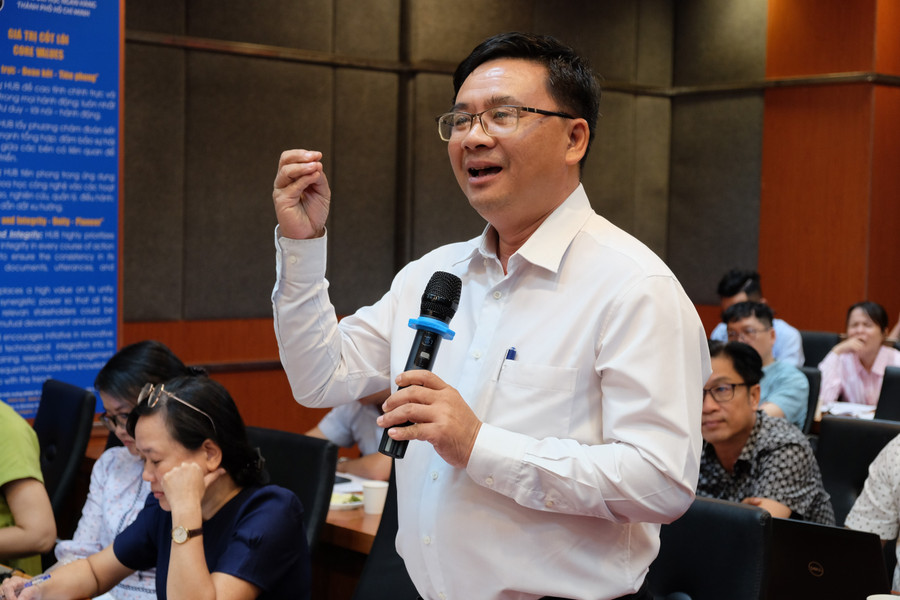
Associate Professor, Dr. Nguyen Chi Ngon, Vice Chairman of the Council of Can Tho University, expressed his agreement with many contents in the draft Law on Higher Education (amended).
He especially appreciated the regulation defining the department as a professional, academic unit instead of an administrative unit, considering this an important step in returning the proper academic role to training units.
Mr. Ngon also proposed to assign the authority to issue regulations on the organization and operation of higher education institutions to the Party organization of the higher education institution, instead of stipulating the university director or university principal as in the draft, in order to strengthen unity in leadership and ensure objectivity and transparency in university governance.
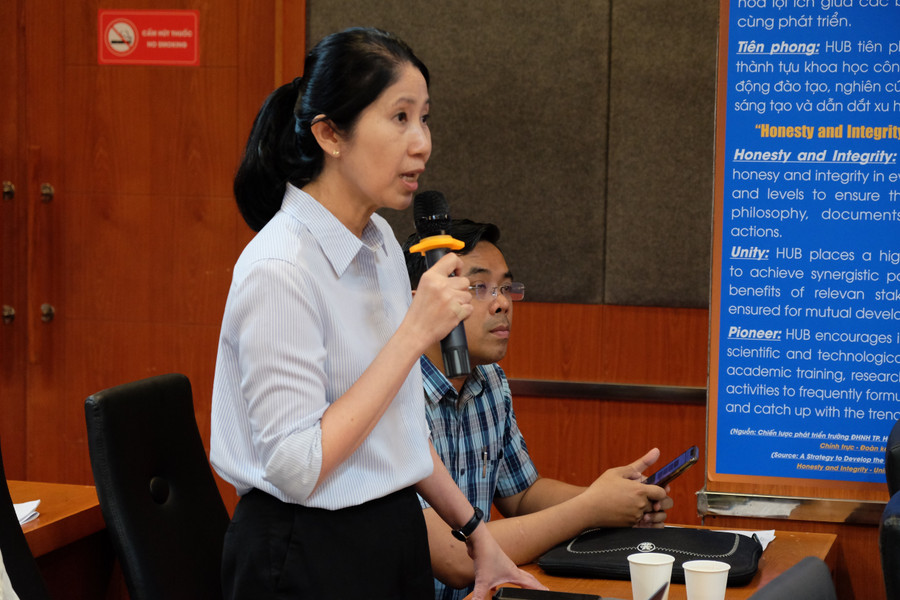
From another perspective, Associate Professor, Dr. Vuong Thi Ngoc Lan, Vice Principal of the University of Medicine and Pharmacy in Ho Chi Minh City, pointed out the specific reality of the medical industry: graduates after 6 years are still not qualified to practice and must continue to study specialized and advanced specialties. However, the specialized and advanced specialty degrees are not yet recognized as equivalent in the system of degrees and certificates.
Ms. Lan proposed that it is necessary to consider recognizing specialist and advanced medical degrees at the same level as postgraduate degrees, in order to ensure consistency and fairness in the education system and properly reflect the training value of the medical profession.
Deputy Minister Nguyen Van Phuc acknowledged and highly appreciated the enthusiastic and responsible opinions from delegates, experts and teachers. The Deputy Minister said that the Ministry of Education and Training will study and fully absorb the comments to complete the draft law, ensuring feasibility, consistency and suitability with the reality of educational innovation.
Deputy Minister Nguyen Van Phuc emphasized that the Ministry of Education and Training hopes that the next comments will focus on core contents, especially the regulations specifying the viewpoints, tasks and solutions in Resolution No. 71-NQ/TW of the Politburo.
Source: https://giaoducthoidai.vn/bo-gddt-lay-y-kien-hoan-thien-2-du-thao-luat-ve-giao-duc-post752034.html


![[Photo] Unique Phu Gia horse hat weaving craft](https://vphoto.vietnam.vn/thumb/1200x675/vietnam/resource/IMAGE/2025/10/10/1760084018320_ndo_br_01-jpg.webp)
![[Photo] Opening of the World Cultural Festival in Hanoi](https://vphoto.vietnam.vn/thumb/1200x675/vietnam/resource/IMAGE/2025/10/10/1760113426728_ndo_br_lehoi-khaimac-jpg.webp)
![[Photo] Ho Chi Minh City is brilliant with flags and flowers on the eve of the 1st Party Congress, term 2025-2030](https://vphoto.vietnam.vn/thumb/1200x675/vietnam/resource/IMAGE/2025/10/10/1760102923219_ndo_br_thiet-ke-chua-co-ten-43-png.webp)



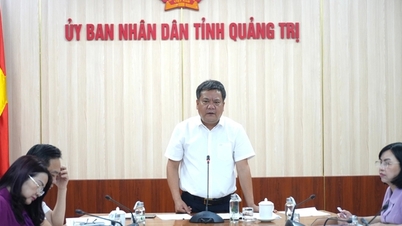

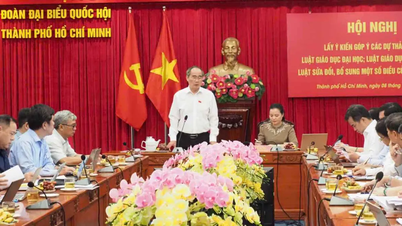

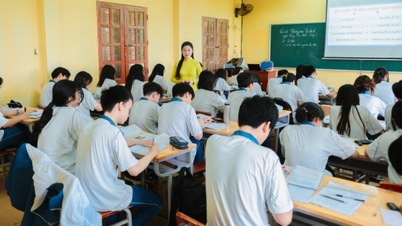







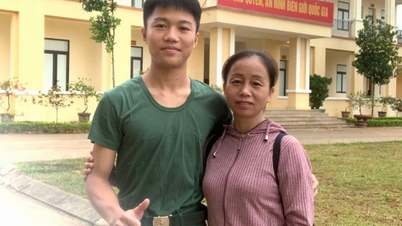


![[Video] Ho Chi Minh City: Many subjects still lack teachers](https://vphoto.vietnam.vn/thumb/402x226/vietnam/resource/IMAGE/2025/10/10/1760108638254_gv-png.webp)








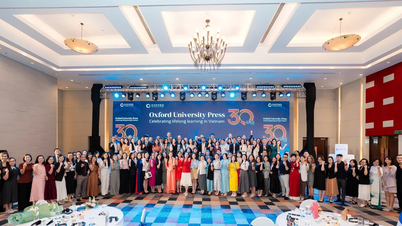

















































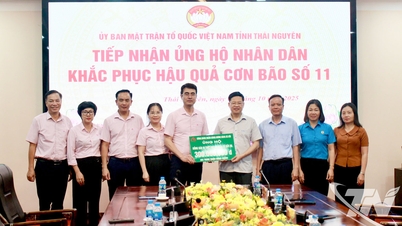





















Comment (0)